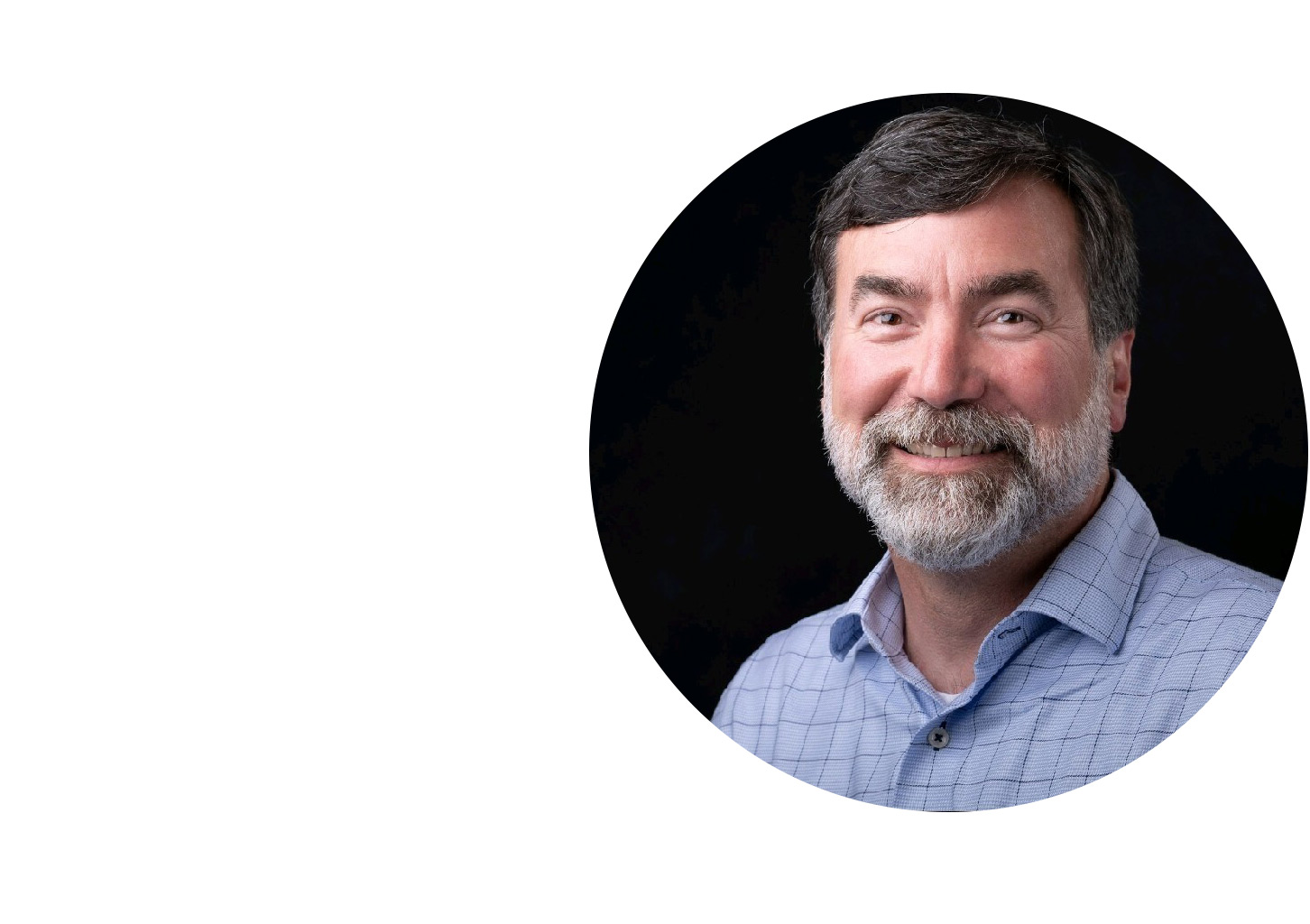
Deep down in our hearts, is human nature more good or evil? Both sides yield strong arguments.
Here is the evidence:
- Evil situations. Social psychology experiments have randomly assigned people to “evil” situations or to a control condition. Typically, the evil settings result in people behaving in nasty ways towards others.
- Selfish genes. Not only do evil settings tend to corrupt people, there are genes that predispose selfishness. Survival of the fittest, in the days of the cave man, resulted in the selection and passing of this gene from one generation to the next.
- Selfish behavior in social dilemmas. Self-interest motivates much behavior even when it undermines our collective well-being. Anyone with young children has witnessed this repeatedly.
- Self-serving bias. People perceive and present themselves in self-inflating ways.
- Each of us, on the other hand, is primed for growth and fulfillment unless we are thwarted by the environment.
- Self-giving compassion. Asking nothing in return, many people offer donations, donate blood, give money, and volunteer their time.
- Empathy-induced compassion. When observing suffering, we often help others even when our helping is anonymous.
Twenty-five experiments by Batson (2011) revealed that we are social as well as selfish. Thus, here is a second question to ask: Is the inclination towards behaving selfishly as natural as eating chocolate, while behaving prosocially is akin to eating brussel sprouts?
The evidence suggests that behaving altruistically is akin to eating chocolate, in that is occurs quickly, even when there are distractions:
- In both experiments and in natural conditions, prosocial decisions are made more quickly that selfish ones. Recipients of the Carnegie Hero awards typically have reacted to a crisis in seconds without considering the dangers to themselves of doing so.
- Neuroimaging studies show that prosociality engages brain systems associated with intuitive reward seeking.
- Spontaneous prosocial behavior appears early, by 18 months of age, compared to conscious functions that do not occur until 22-48 months.
- Often, we must be advised to restrain our reflexive prosociality: “In the event of a sudden change in cabin pressure, please put on your mask before assisting others.”
In summary, the environment can shape behavior in corruptible ways. That being so, The Pacific Institute’s curriculum can strengthen restraints on selfishness by teaching generosity and altruism.
References
Batson, C.D. (2011)Altruism in humans. New York. Oxford Press.
Dawkins, R. (1976). The selfish gene. New York.
Zaki, J. & Mitchell, J.P. (2013).Intuitive prosociality. Current Directions in Psychological Science, 22, 466-470.
Glossary
Prosocial behavior is defined as “voluntary behavior intended to benefit another”. According to CD Batson, the term “was created by social scientists as an antonym for antisocial.”
Baston, C.D. (1998).Handbook of psychology. Wiley Online Library.
Featured posts
May 16, 2023
May 16, 2023
May 16, 2023





